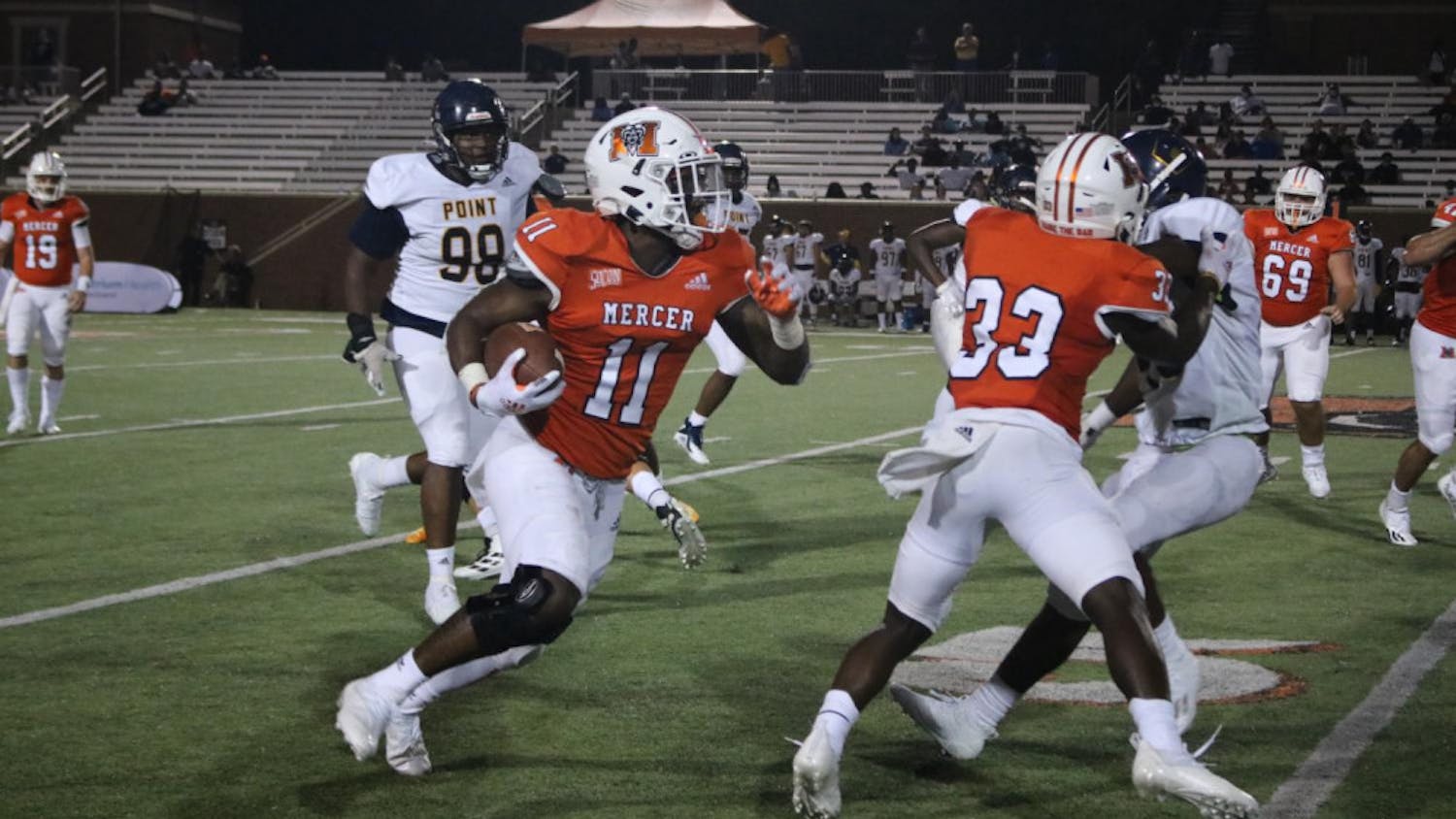When people find out I’m a twin, I always get the same questions and reactions. “Oh my gosh, can you feel each other's pain? Can you read each other's minds?”
The answer is always no, of course.
As we get older, the questions have evolved into more mature versions with the same idea. “Why would you guys choose to go to different schools? Is it weird not being together anymore?”
Having a twin is no different than growing up with older or younger siblings, but all our lives we have constantly been characterized as a unit, as if our minds and souls are somehow literally connected to one another. I never mind the silly questions and the playful banter, but growing up with someone who is the same age as you, looks like you and sounds like you definitely imposes an identity crisis in one phase or another.
As you can expect, my twin sister and I did everything together when we were younger. Ballet, gymnastics, cheerleading — you name it, we did it, and we did it side by side, hand in hand. We learned how to ride bikes together, and we lost our first teeth around the same time. When she couldn’t catch on to the complexities of tying a shoe, I taught her.
Growing up, having someone to share every milestone with was very comforting. For many people, the idea of sharing every moment of your upbringing with another person seemed so crazy, almost undoable.
The rumors are false. In all actuality, we have always been very independent.
In elementary school, we were never in the same classes, which really allowed us to cultivate our social skills outside of each other. We had different friends and different experiences to share with each other after our day apart. This separation allowed us to learn and formulate our own thoughts and make our own decisions without each other’s biases.
As we got older and school got harder, clear distinctions started to take precedence in different aspects of our lives. My sister was always the better student; when she got an A, I got a B. When she received academic honors, I sat in the crowd cheering her on.
Where I lacked academically, I made up in pristine social skills. I never felt fazed by her brains, but everyone around us felt as if I should have. For the first time in our lives, I could see the stereotypes affecting our dynamic. From an outside perspective, everything was always a comparison as to who was better at this or that. Our strengths and weaknesses never stood alone but on a balance, toggling back and forth between who was the “best.”
As a young, impressionable teen, people's opinions really can have an effect on you. I don’t know what she felt, but constantly being compared by others to someone I shared such an unwavering bond with was a weird experience for me during our adolescence.
When it came time to make college decisions, going to different schools seemed to be a big deal to everyone except us. We wanted different things out of our college experiences, so it only made sense. Of course, we got the question, “Will it be weird not being with your sister anymore?” It’s funny, no one questioned my other sibling the way we were interrogated about separating our twin bond by a couple hundred miles.
We made the decision to attend different schools, and like many other aspects of our lives, at the end of the day, we always make whatever decision is best for ourselves, individually. I grew up with very loving, supportive parents who taught us the importance of the “me” not “we” mentality, the idea that we are two individuals and despite the opinions of others or even each other, we have to do what makes us happy.
I never considered growing up with a twin to be this unusual concept, but so many people do. Living through it, you never consider how unconventional it is to others. At the same time, outsiders don’t consider how their single identification of two individuals can affect the individuals being combined. Though people make these preconceived notions about the way twins have to be, my sister and I never let that get us down for too long.
I love being a twin; I love having someone who can relate to me in a way that no one can, or ever will be able to. Despite our independence, we share a bond that is unbreakable by any amount of academic achievement, distance or external opinion.
What it's really like to be a twin

Photo provided by Nadia Pressley




